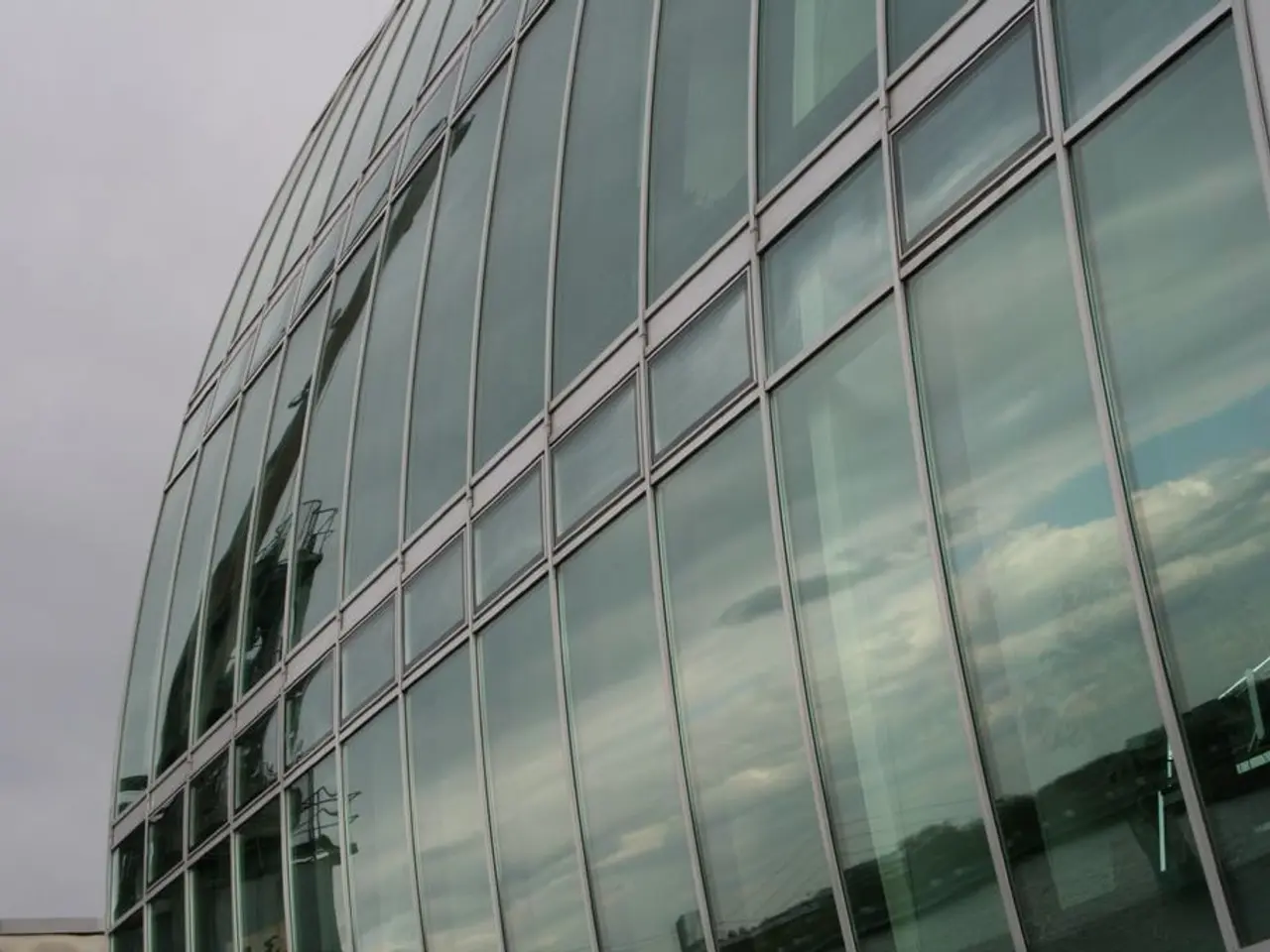Core Scientific's major shareholder intends to oppose CoreWeave's proposed $9 billion merger, deeming it inadequate.
In a surprising turn of events, Two Seas Capital, Core Scientific's largest active shareholder with a 6.3% stake, has voiced its opposition to the proposed $9 billion all-stock sale to CoreWeave. The deal, which pegs each Core Scientific share to 0.1235 of a CoreWeave share, has been met with criticism due to its perceived undervaluation of Core Scientific and structural flaws that expose shareholders to unnecessary economic risk.
Undervaluation and Structural Concerns
Two Seas Capital argues that the all-stock, uncollared structure of the transaction leaves Core Scientific shareholders vulnerable to CoreWeave’s share price volatility, thereby disproportionately benefiting CoreWeave. The hedge fund highlights Core Scientific’s strategic importance, including its infrastructure footprint, expertise in data centers, low-cost power access, and positioning in the high-performance computing (HPC) and AI infrastructure sectors, which they argue is not adequately reflected in the offer price.
Market Reaction and Dissatisfaction
Following the acquisition announcement, Core Scientific’s stock dropped sharply by about 30%, which Two Seas interprets as a market rejection of the deal terms. Unless significant improvements are made in valuation and structural terms, Two Seas intends to rally other shareholders to vote against the transaction.
Demands for Fair Compensation
Two Seas believes Core Scientific is well-positioned to operate independently and capture growth amid soaring AI demand and urges the board to seek higher bids that fairly incorporate Core Scientific’s long-term strategic value and potential merger synergies. The hedge fund is not opposed to a merger in principle and is even invested in CoreWeave, but demands better terms and fair valuation before supporting the transaction.
Potential Volatility and IPO Lockup Expiry
The timing of the shareholder vote could coincide with CoreWeave's IPO lockup expiry, potentially adding volatility to both stocks. The expiration of CoreWeave’s IPO lockup in a month could put pressure on its share price, further complicating the already contentious situation.
This situation is similar to patterns seen in other contested all-stock mergers, where large shareholders, especially those who were originally distressed debt investors, tend to be more activist and aggressive in defending their rights. As the situation unfolds, investors will be closely watching the developments at Core Scientific and CoreWeave.
[1] Jeffrey Emanuel, Founder and CEO of blockchain infrastructure firm Pastel Network, has expressed his views on the matter. [2] The views of Jeffrey Emanuel are based on his role as the founder and CEO of Pastel Network. [3] Some investors are pointing to these patterns in their scrutiny of the deal's terms.
- Two Seas Capital, citing the strategic significance of Core Scientific's infrastructure, expertise, and market position, argues that the deal's perceived undervaluation and structural flaws expose shareholders to significant risk and leave them vulnerable to CoreWeave's share price volatility.
- The sharp drop in Core Scientific's stock price following the acquisition announcement is interpreted by Two Seas Capital as a market rejection of the deal terms, prompting them to rally other shareholders to vote against the transaction unless significant improvements are made.
- Two Seas Capital believes Core Scientific is capable of capturing growth in the AI market independently and calls for the board to pursue higher bids that accurately reflect Core Scientific's long-term strategic value and potential merger synergies.
- The shareholder vote could coincide with CoreWeave's IPO lockup expiry, potentially adding volatility to both stocks, as the expiration of the IPO lockup could put pressure on CoreWeave's share price and further complicate the already contentious situation.




